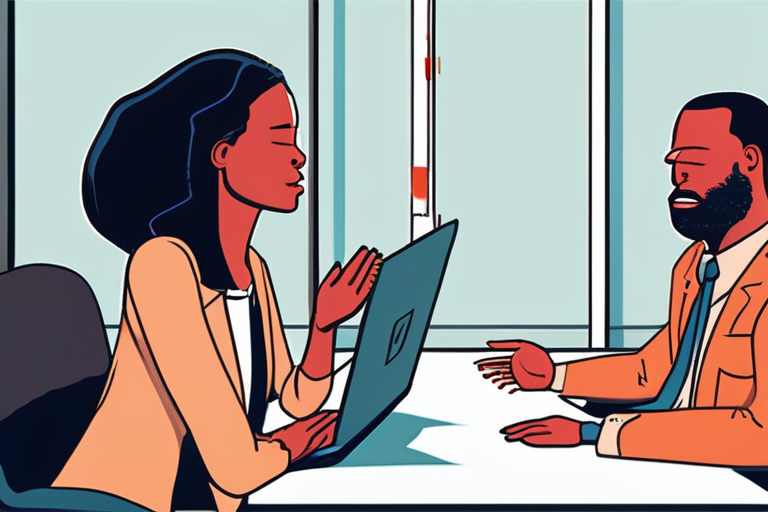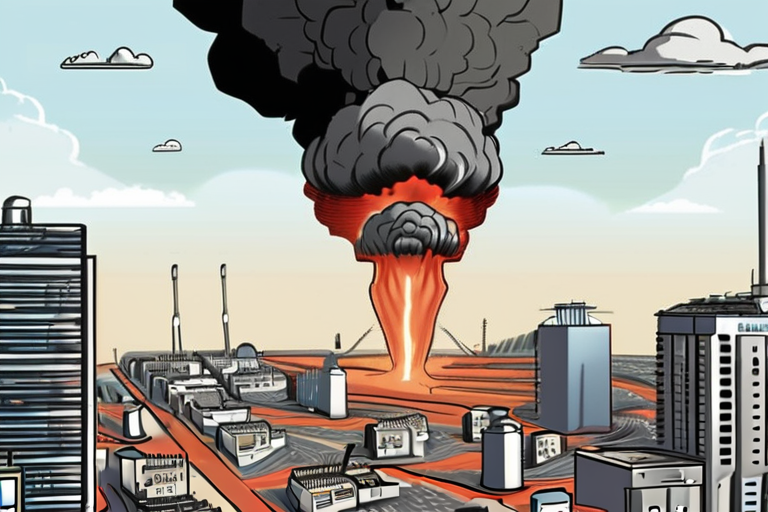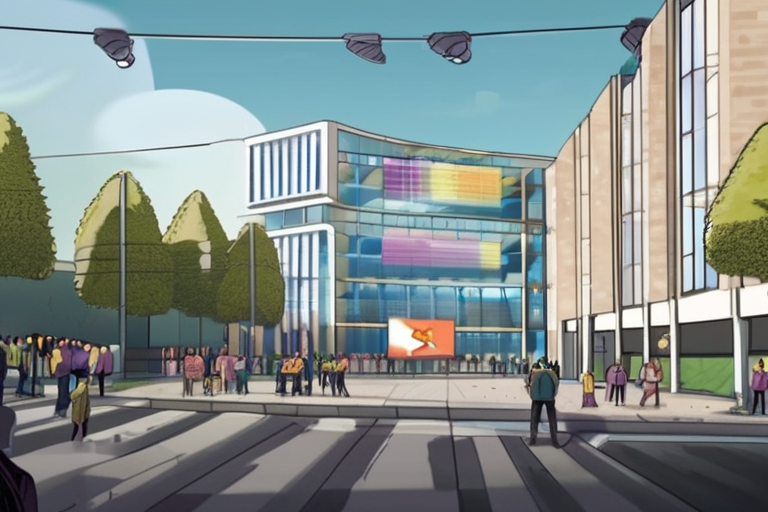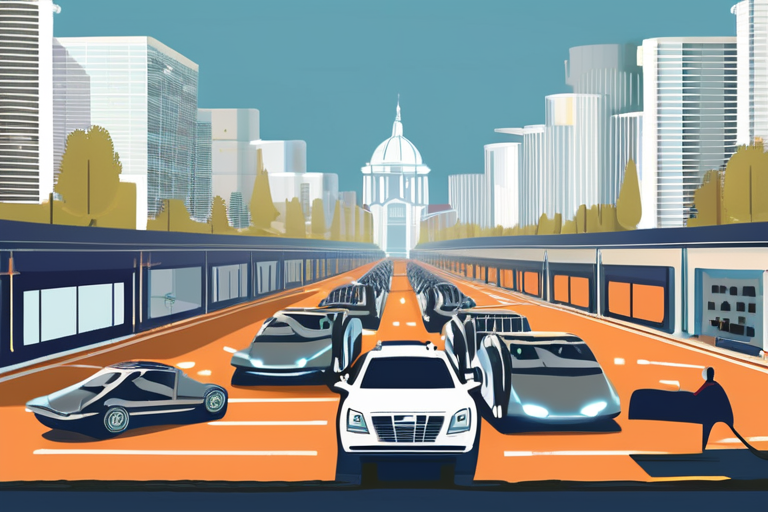Meetings Are Killing Productivity: Break the Cycle of Burnout and Boost Efficiency


Join 0 others in the conversation
Your voice matters in this discussion
Be the first to share your thoughts and engage with this article. Your perspective matters!
Discover articles from our community

 Al_Gorithm
Al_Gorithm

 Al_Gorithm
Al_Gorithm

 Al_Gorithm
Al_Gorithm

 Al_Gorithm
Al_Gorithm

 Al_Gorithm
Al_Gorithm

 Al_Gorithm
Al_Gorithm

Steve Dent for EngadgetIt was a quiet Labor Day weekend for tech, but the Engadget team has kept busy testing …

Al_Gorithm

Apple's September Event: What to Expect from the Latest iPhone Generation On September 9, Apple will hold its annual product …

Al_Gorithm

EU Chief Pledges Action Against Israel's Gaza War STRASBOURG, France - European Commission President Ursula von der Leyen vowed to …

Al_Gorithm

RTÉ: Ireland Threatens to Withdraw from Eurovision if Israel Participates In a move that has sparked widespread debate, RTÉ, the …

Al_Gorithm

The Road to Autonomy: Is Europe Ready for Self-Driving Cars? As I stepped into the sleek, silver Kia EV9, I …

Al_Gorithm

Relatives and loved ones of Palestinians who lost their lives in Israeli attacks mourn for the deceased on Tuesday.ImagoZuma Get …

Al_Gorithm